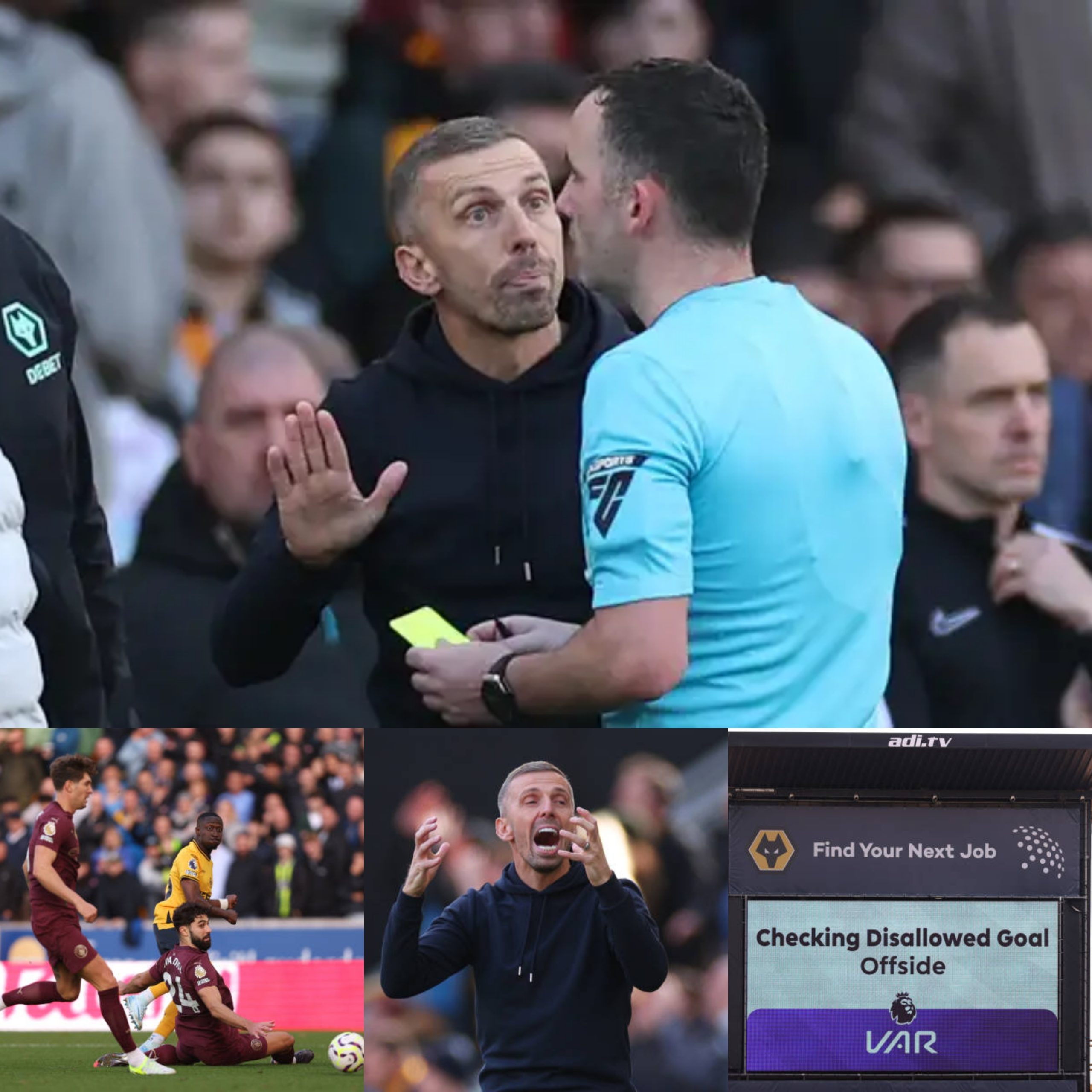Wolverhampton Wanderers are enduring a streak of unfortunate outcomes with Video Assistant Referee (VAR) decisions, facing a whopping 20 more reversals against them than in their favor since the introduction of the technology in the Premier League. Recent data from EPSN reveals that Wolves top the chart as the most disadvantaged team by VAR, with West Ham following closely behind with seven additional unfavorable verdicts.
Among the clubs that have remained in the top-flight league since VAR’s integration in the 2019/20 season, Brighton has been the fortunate recipient of nine additional favorable calls, while Newcastle has benefited from six. In addition to Wolves and West Ham, Tottenham and Arsenal, both hailing from North London, have found themselves on the receiving end of a higher number of adverse VAR decisions.
The discrepancy faced by the Midlands club escalated when a John Stones goal, initially disallowed for offside in the 95th minute, was eventually allowed after a VAR review. Responding to the controversial turn of events, Wolves manager Gary O’Neil expressed his astonishment, hinting at a potential subconscious bias among referees. Consequently, The Football Association has approached O’Neil to delve deeper into his views on the matter. Despite his club’s prior stance urging the abandonment of VAR last season, O’Neil emphasized that he does not believe intentional bias is at play, stating, “There’s no suggestion of a deliberate prejudice against Wolves – if that were ever the case, it would be a concerning state for the game.”
However, one manager raised a thought-provoking query, pondering whether there could be an unconscious influence in referees’ decision-making processes, leading them to lean towards favoring prominent clubs like Manchester City. “Referees are human, and the significance of Manchester City scoring a last-minute goal cannot be undermined; hence, there might be an inadvertent inclination to favor them,” as reported by the Mirror.
Further embellishing on his astonishment, the manager drew parallels with a prior incident involving a different outcome for his team. Reflecting on a similar disallowed goal against West Ham in the previous season, O’Neil mentioned, “We submitted evidence to the referees illustrating that the West Ham goalkeeper had a clear view of the ball, but the decision was justified on the basis of player proximity. A similar rationale could be applied in our recent case, and we have to come to terms with it.”
Despite the disappointment surrounding the outcome, O’Neil refrained from delving deeper, avoiding sounding like he was deflecting accountability. Expressing his respect for the referees’ calls, he acknowledged the resilience displayed by his players and the valuable opportunity they created for themselves, although returning empty-handed left him disheartened.
